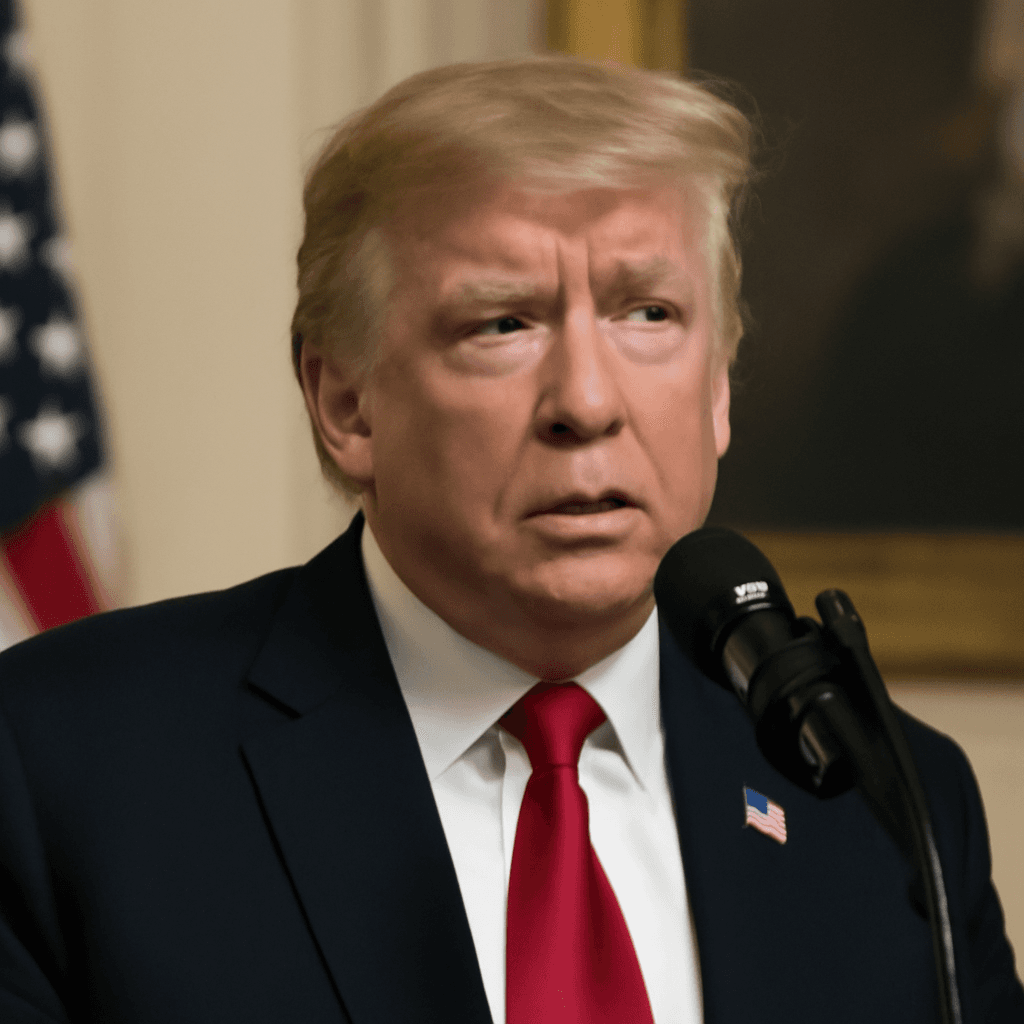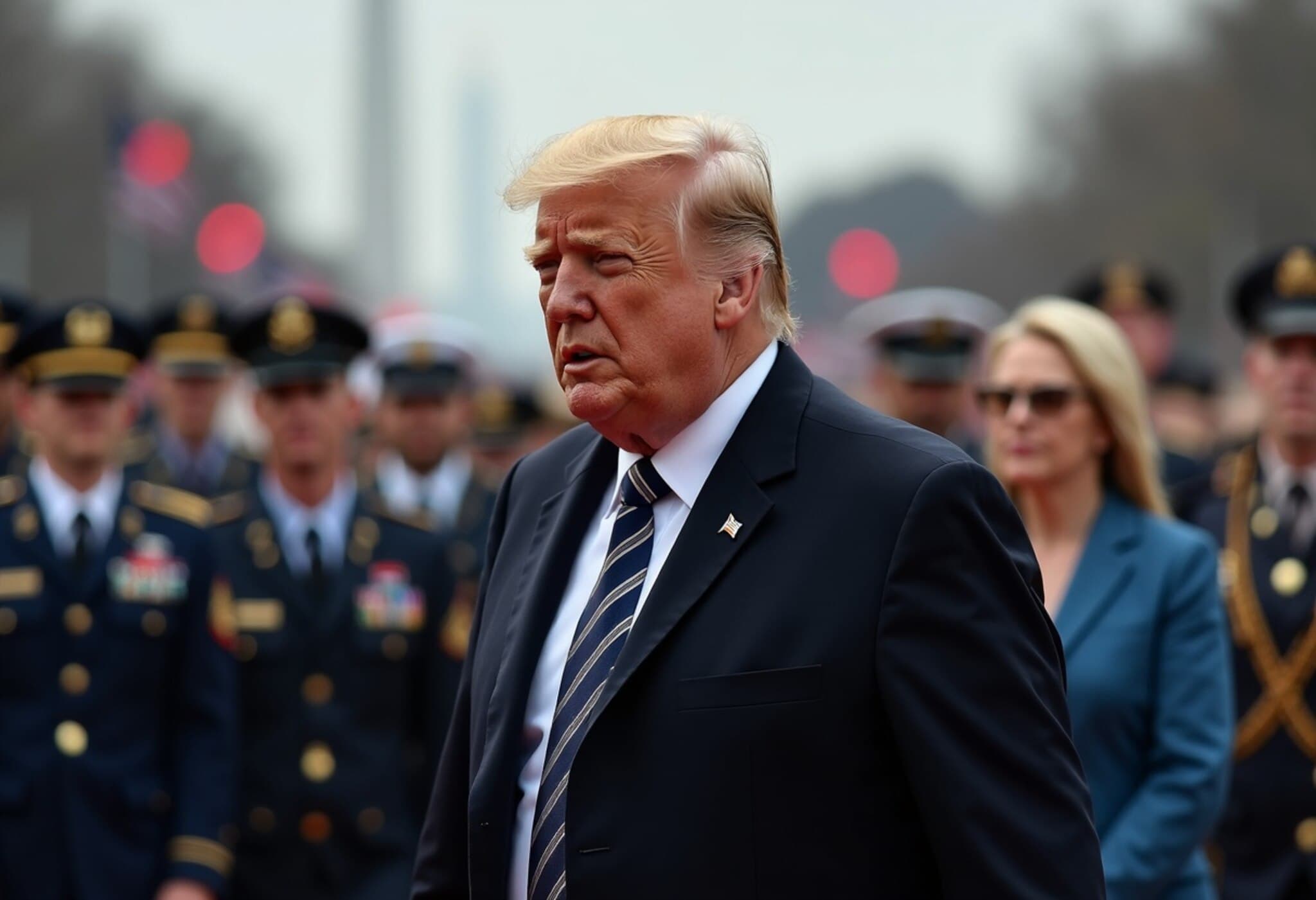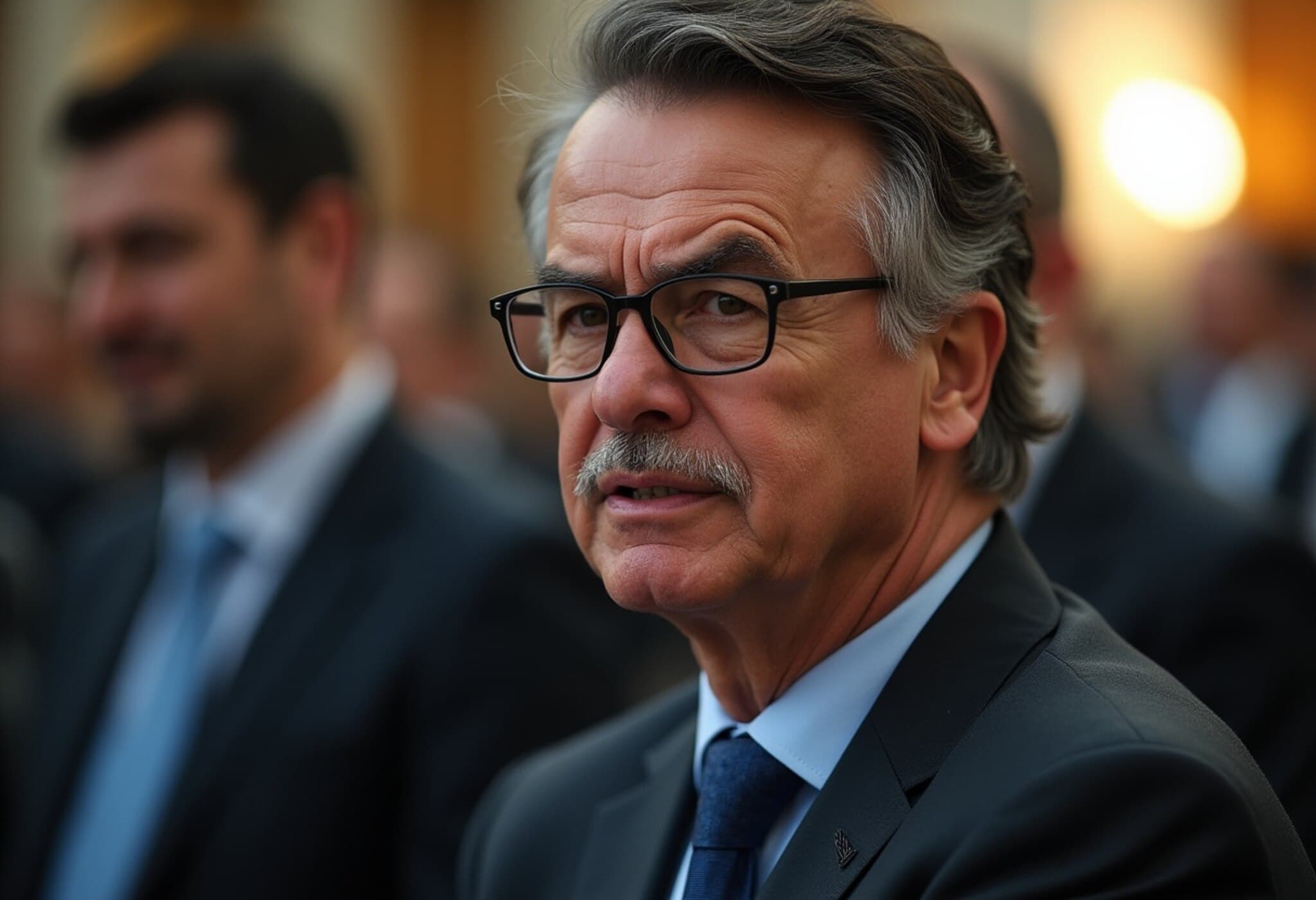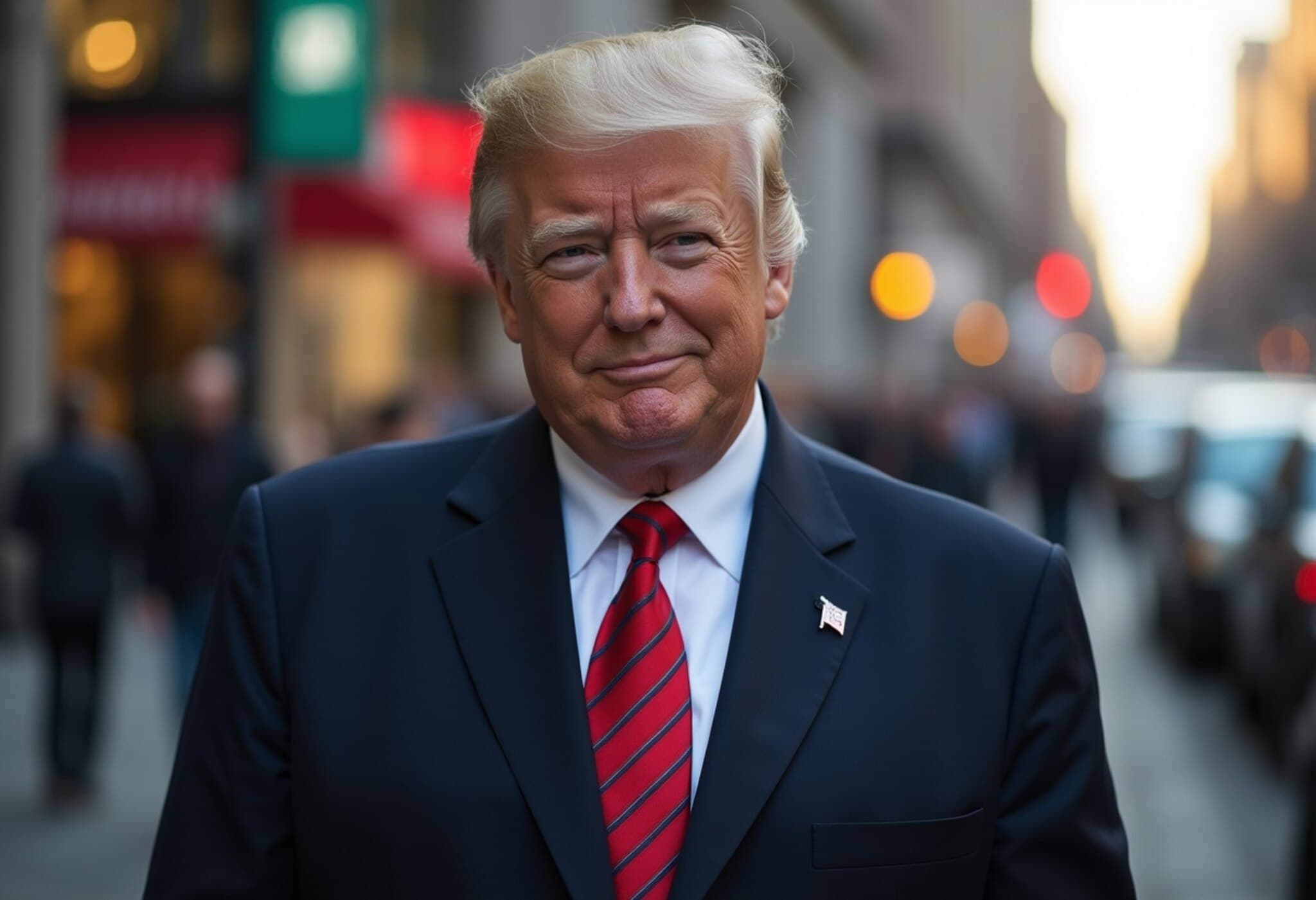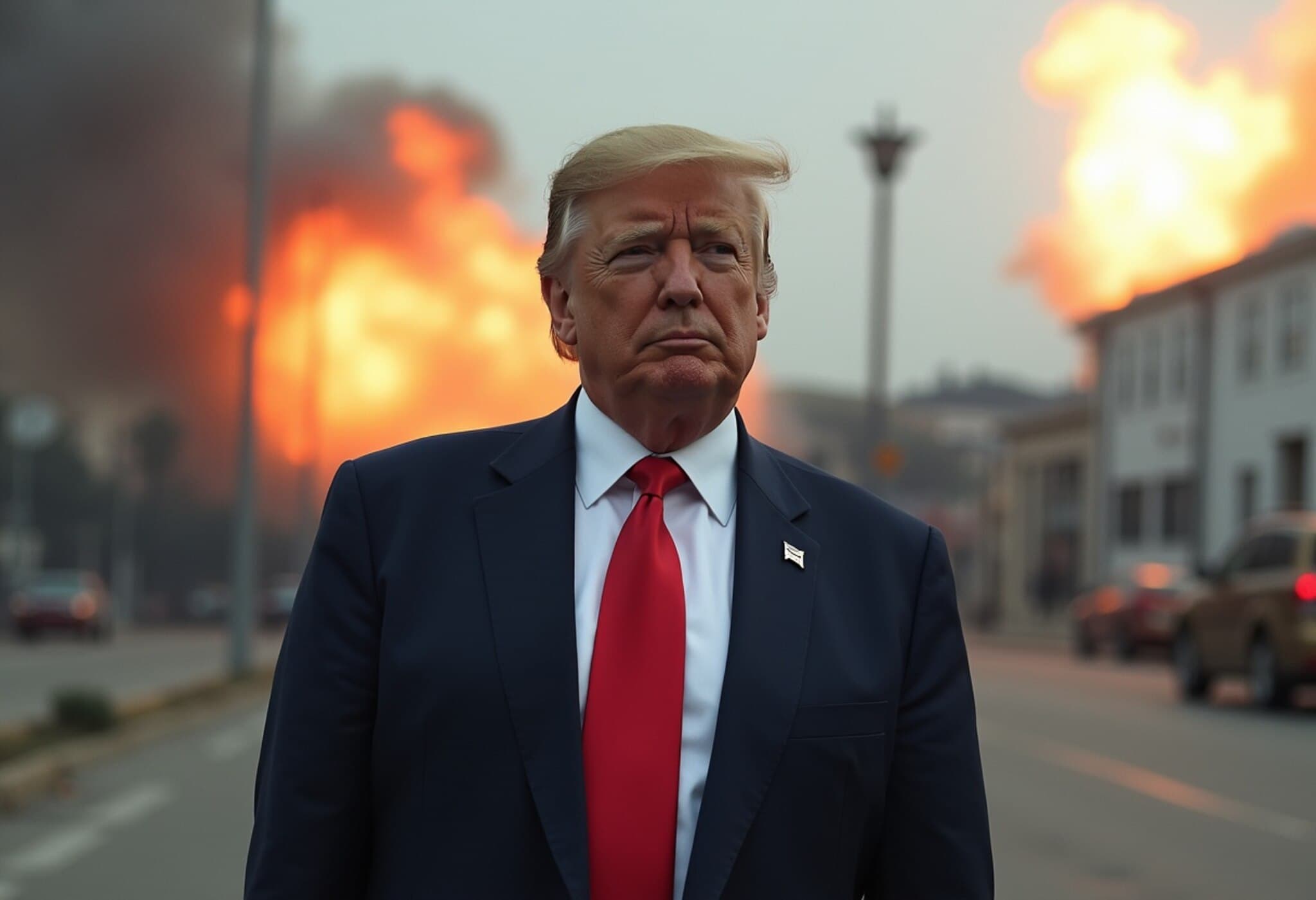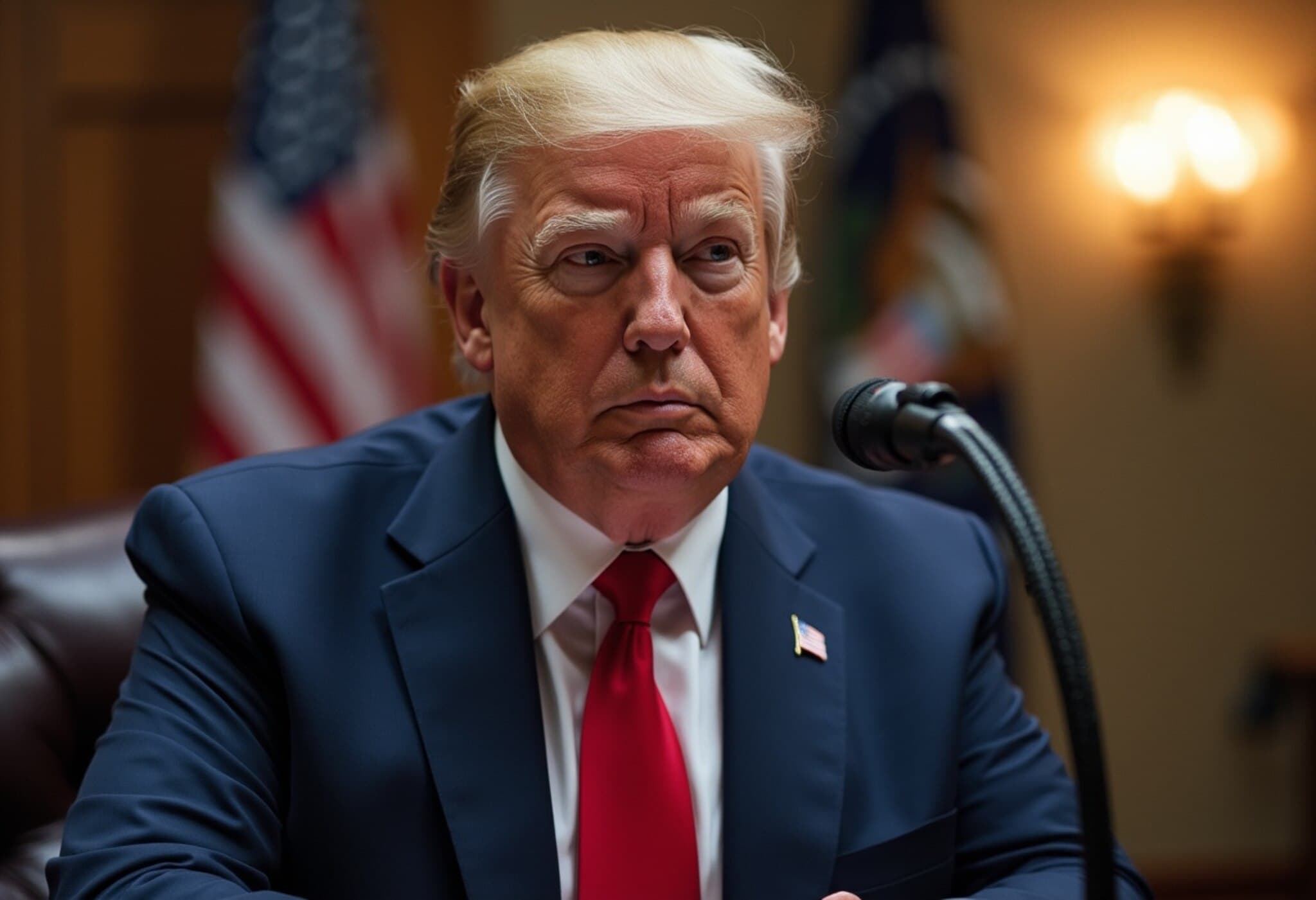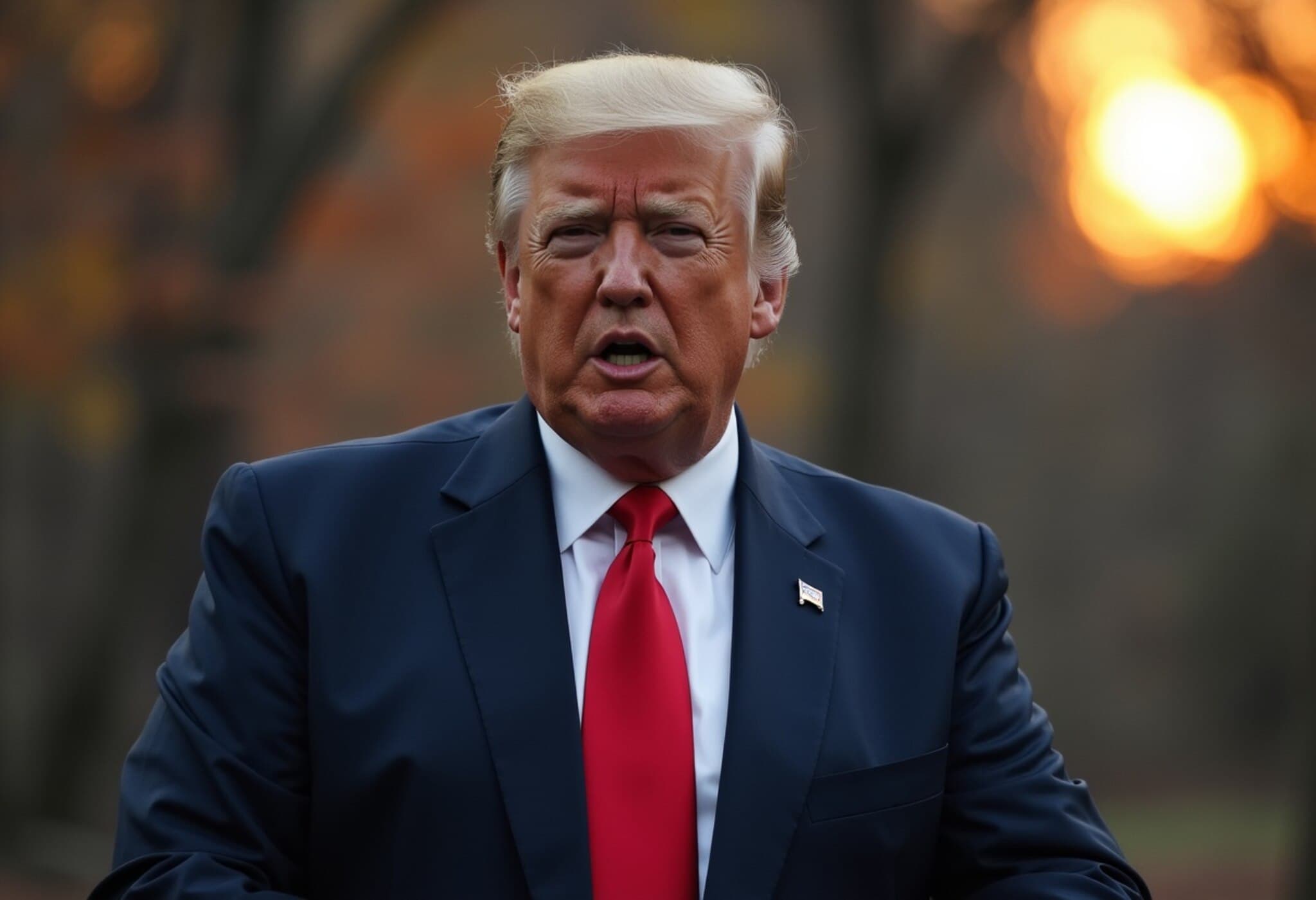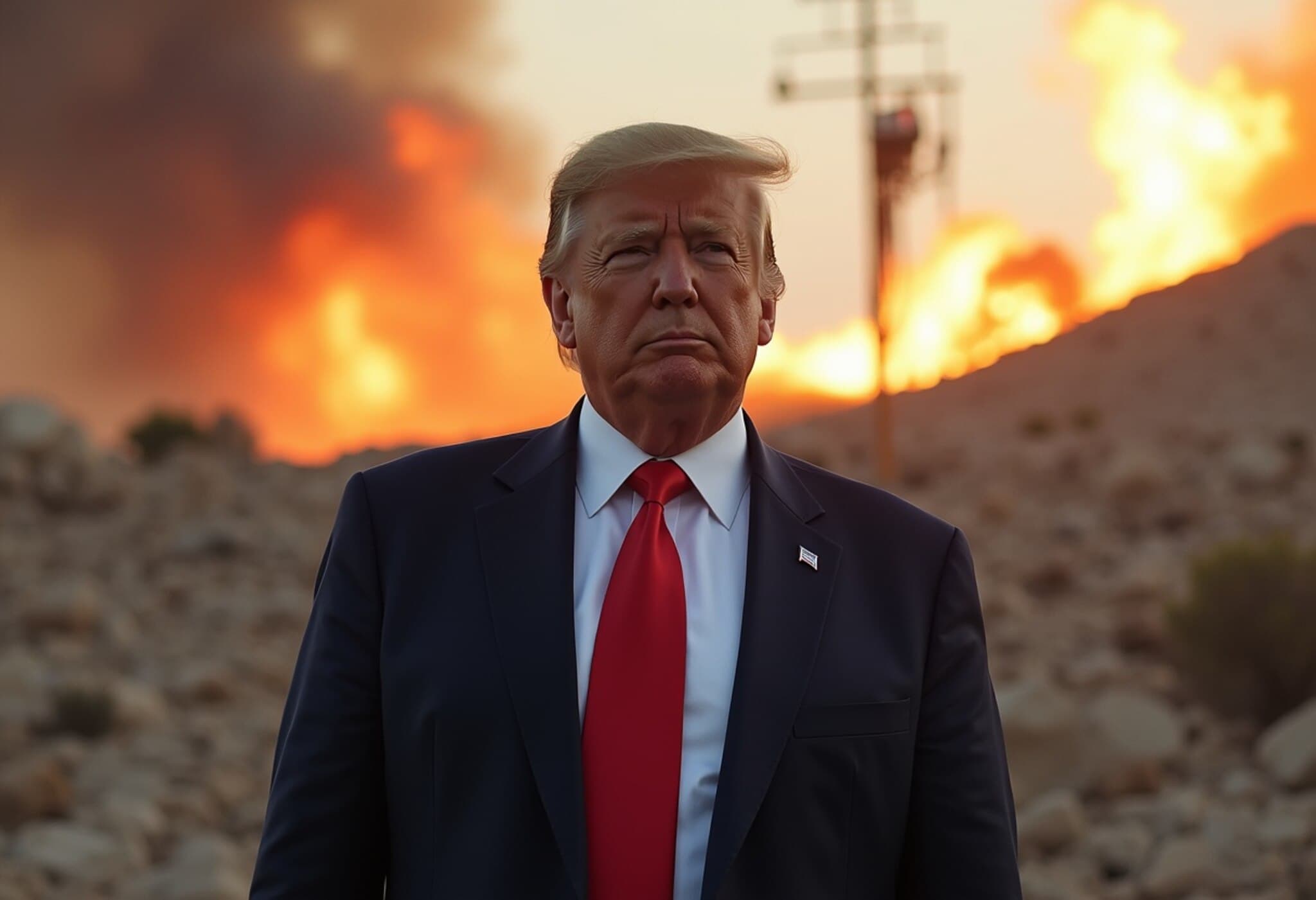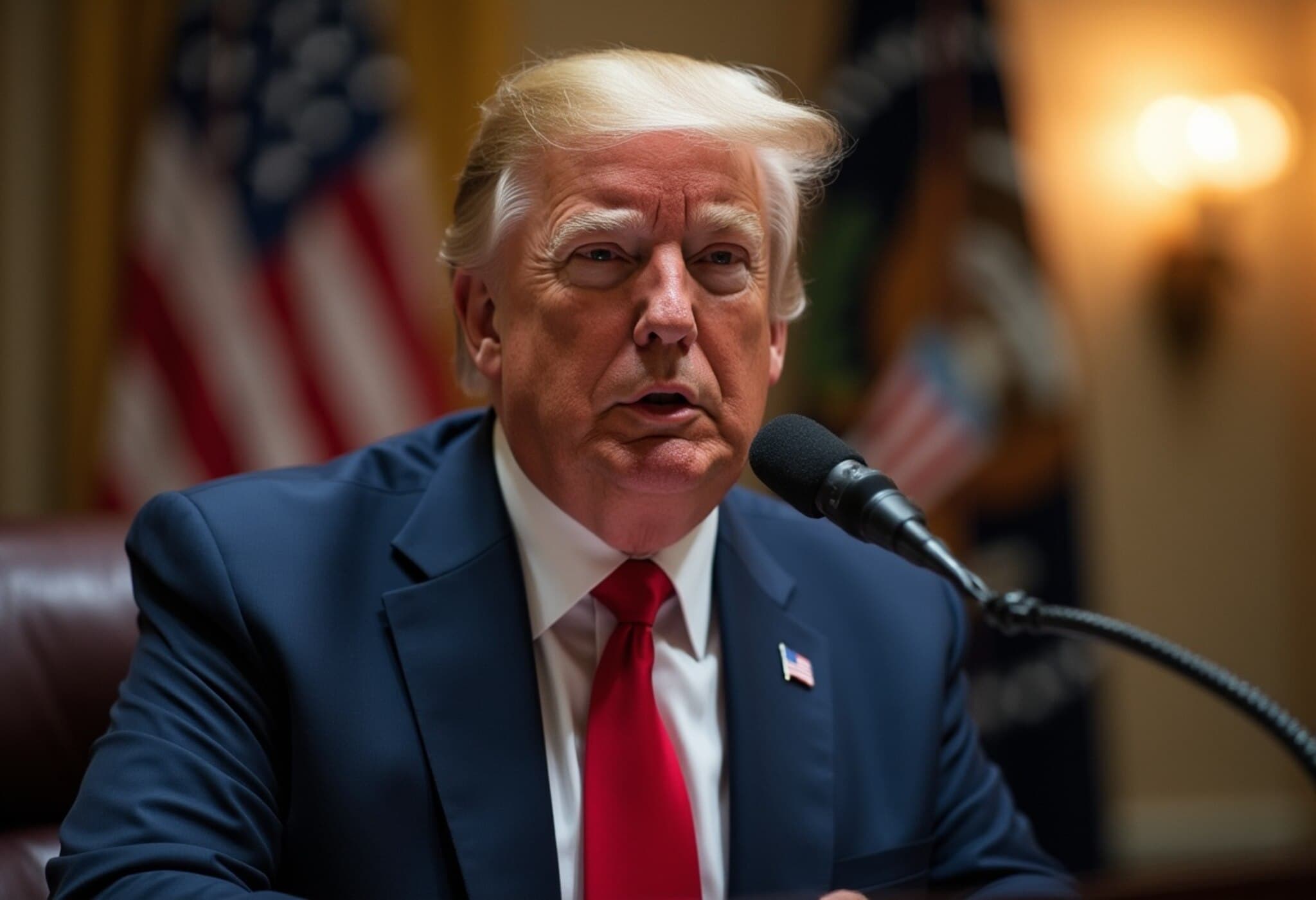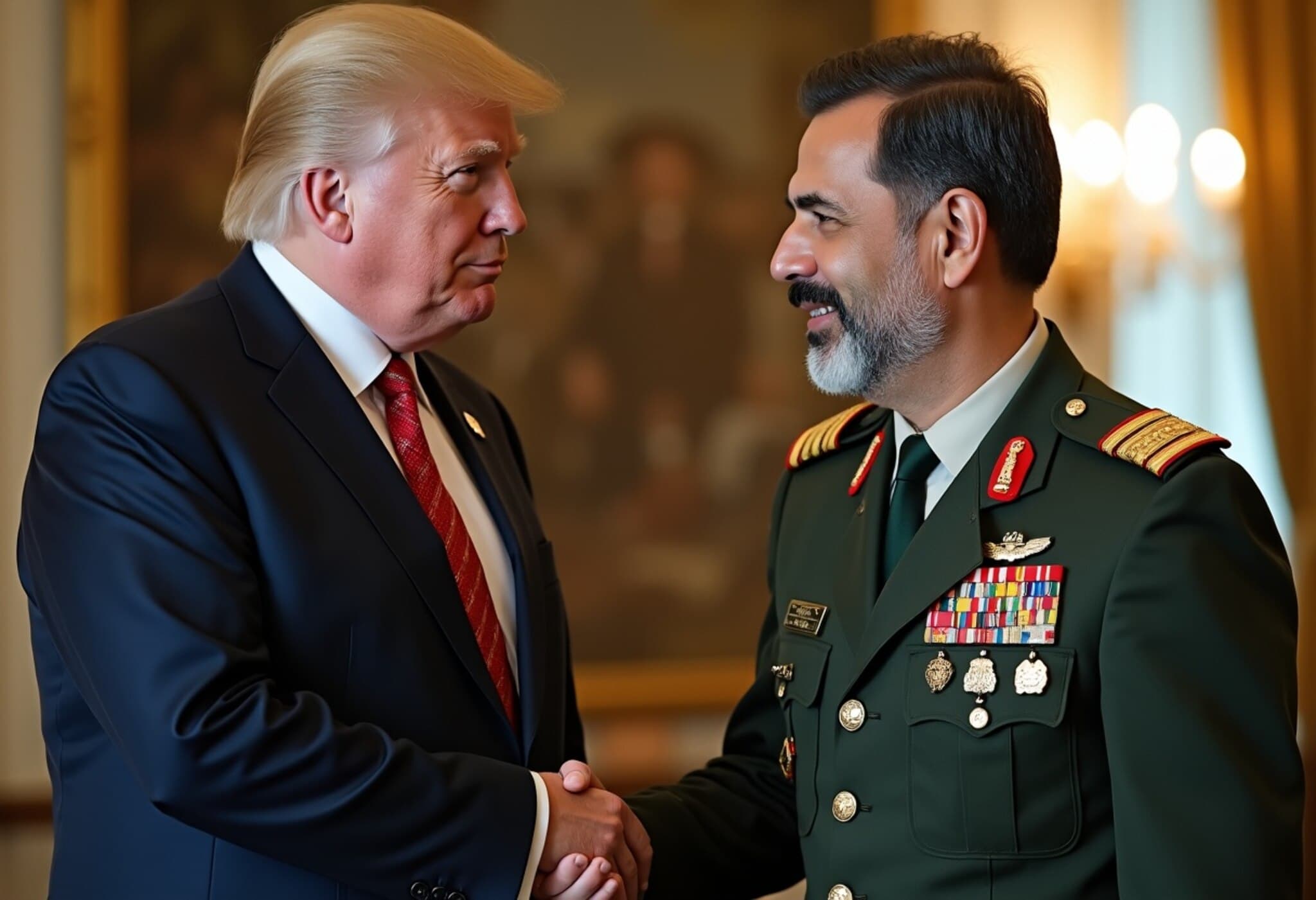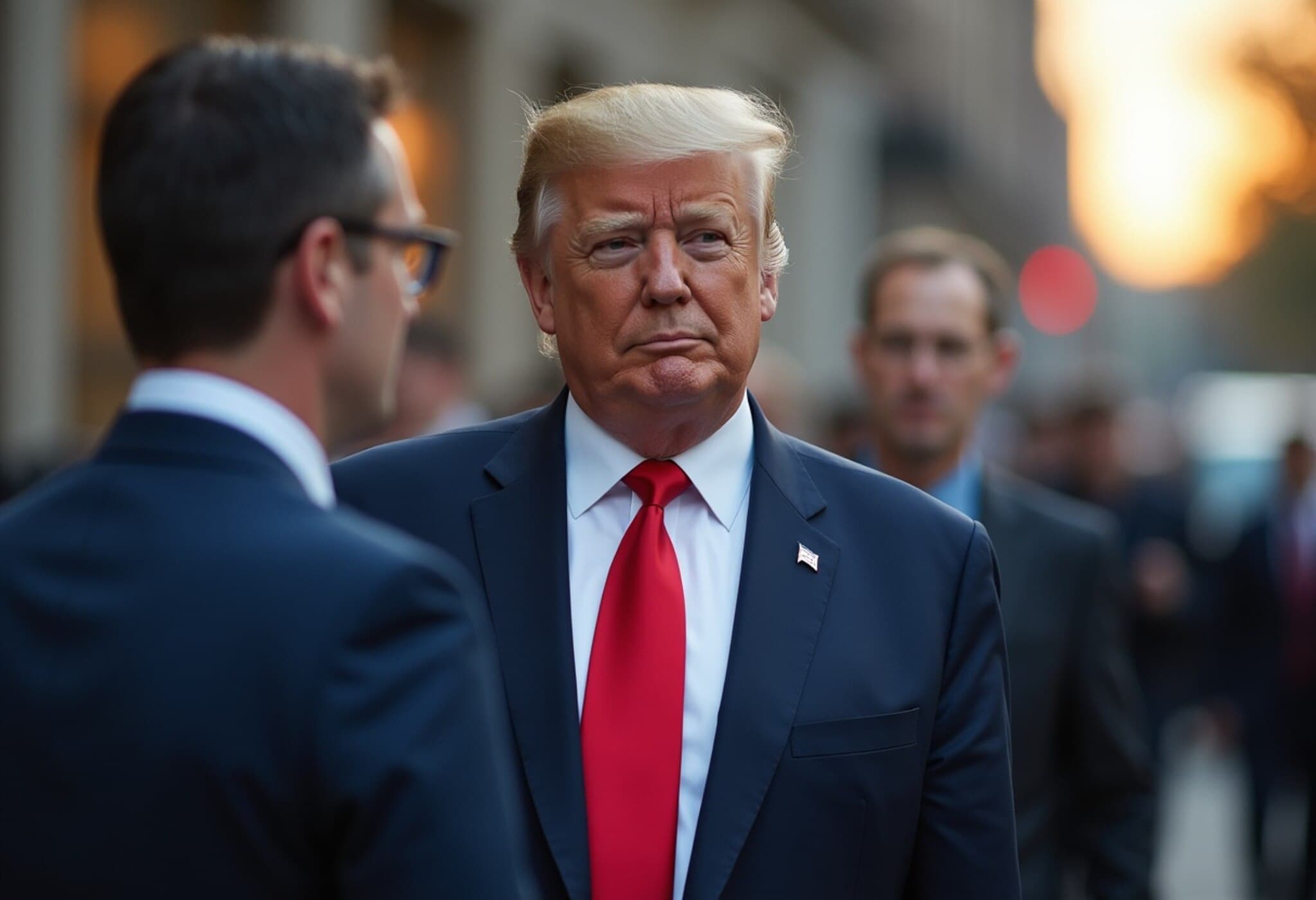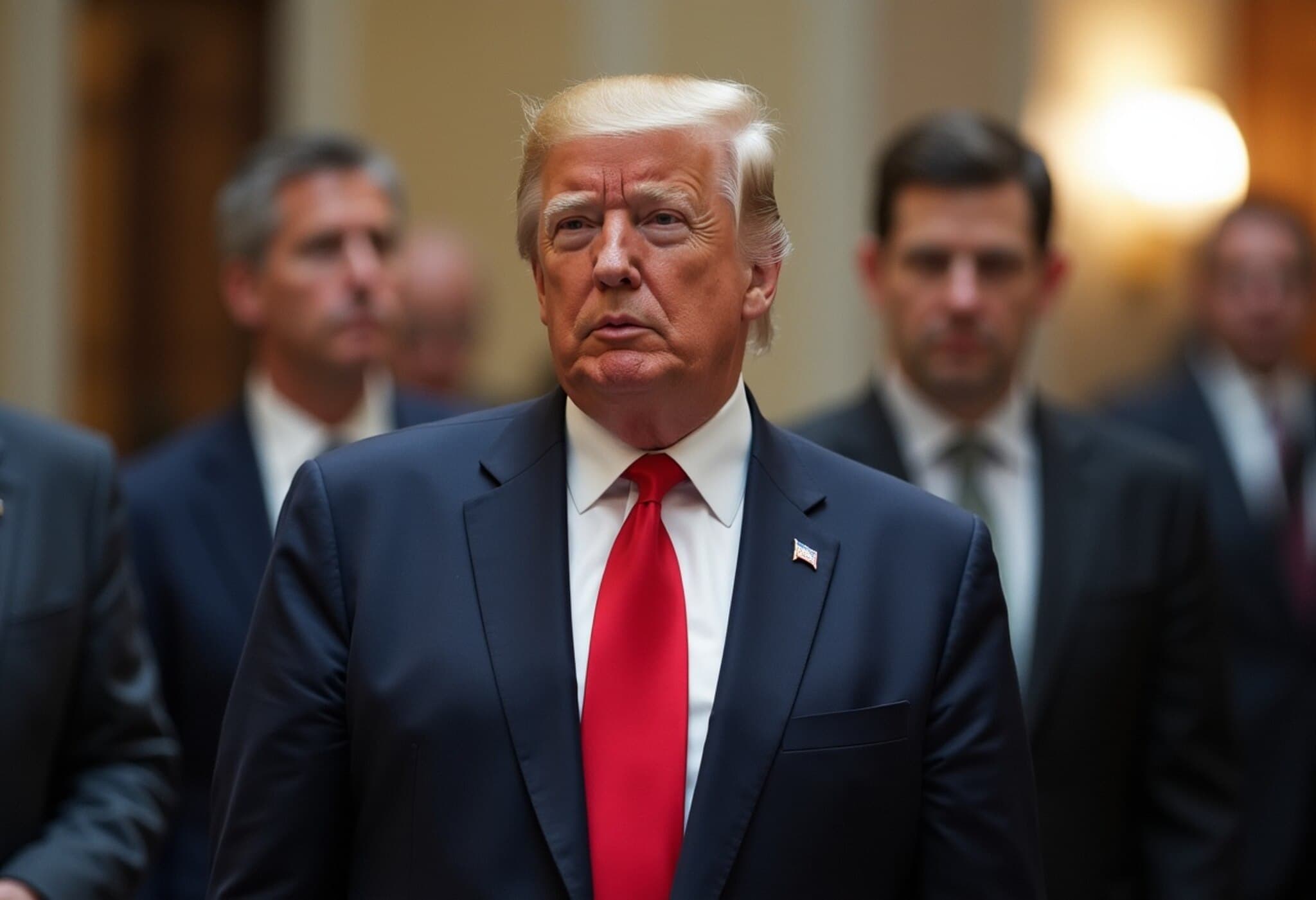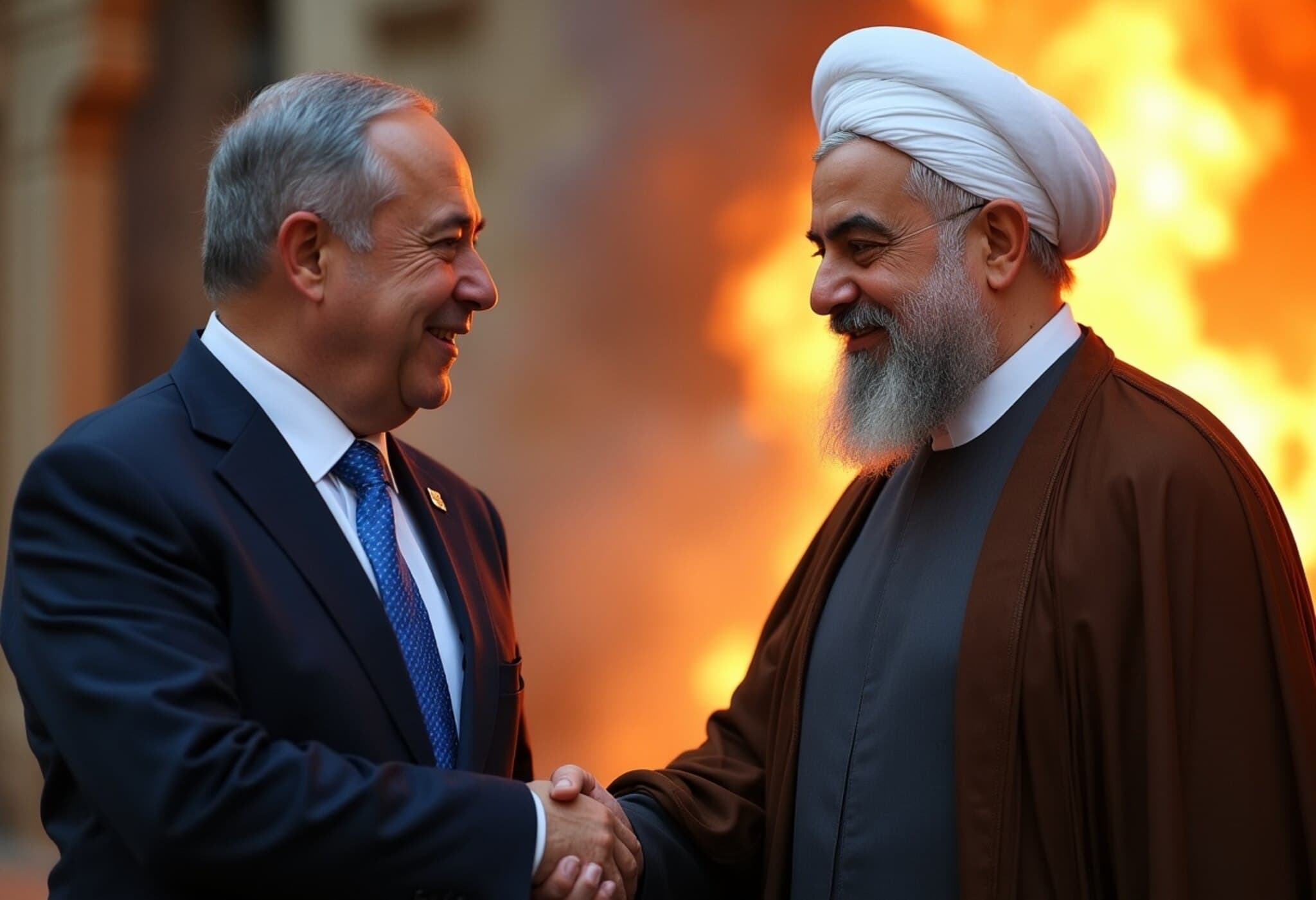The Significance Behind Trump's Frequent Use of "Two Weeks"
Throughout his tenure, Donald Trump has repeatedly gravitated toward the phrase "two weeks" when outlining decisions, timelines, or forthcoming announcements. Most recently, during a White House briefing, the press secretary conveyed that the president would decide within the next two weeks whether to order a military strike on Iran, highlighting how this particular timeframe continues to serve as a pivotal marker in his communications.
Setting the Stage: The Iran Decision
On Thursday, the White House press secretary quoted President Trump as saying: "Based on the fact that there is a substantial chance of negotiations that may or may not take place with Iran in the near future, I will make my decision whether or not to go within the next two weeks." This statement places the international community on alert, given the sensitive nature of Middle East dynamics and ongoing tensions surrounding Iran's nuclear ambitions.
A Recurrent Theme in Trump's Timeline
This isn’t the first time Mr. Trump has leaned on the two-week timeframe. Examples abound across his recent statements and policies:
- When asked about his confidence in Russian President Vladimir Putin, he replied, "I'll let you know in about two weeks."
- Questions on unveiling details of a new tax plan during his re-election campaign were met with a simple "Two weeks."
- Regarding a long-promised infrastructure package, Trump declared, "We're going to have something in two weeks."
- Even amidst controversies over election fraud claims and Middle East developments, the "two weeks" window seems to be the standard horizon for announcements.
Contextualizing the Middle East Tensions
Recent weeks have seen Israel conducting strikes targeting several key Iranian sites, including Natanz, Isfahan, Karaj, and Tehran. These operations are described as preemptive steps to hinder Iran's progression towards nuclear weaponization. Against this backdrop, Trump's impending decision within two weeks is being closely watched as it could signal a major shift in U.S. policy and regional stability.
Why Does Trump Favor This Timeframe?
The consistent use of "two weeks" appears to serve multiple purposes:
- Maintaining public attention: A two-week period is long enough to stir anticipation but short enough to avoid losing relevance.
- Flexibility: This vague yet defined window provides room to delay decisions without generating outright contradictions.
- Strategic ambiguity: It keeps allies, adversaries, and the media guessing, thereby potentially leveraging negotiating positions.
Ultimately, this simple phrase has become a signature tool in Trump's communication strategy, marking a rhythm of anticipation that punctuates his policy announcements and political maneuvers.

